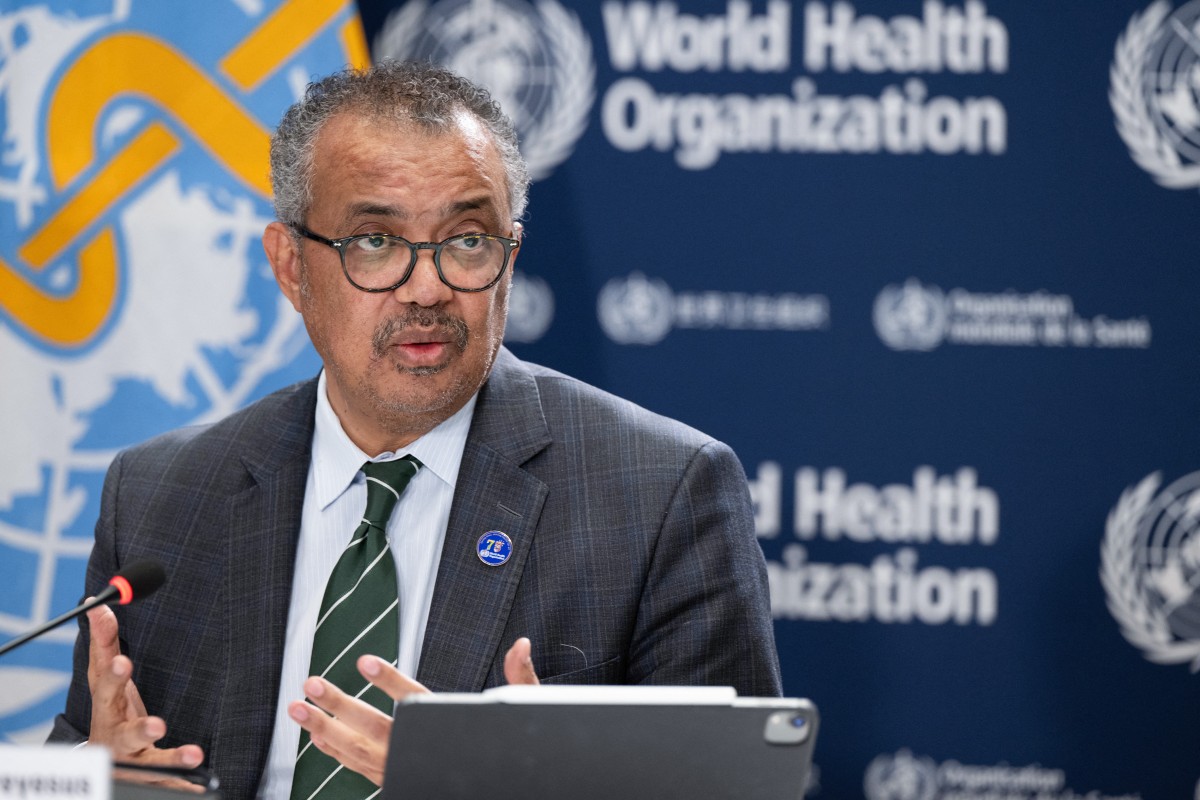Geneva, Switzerland – The World Health Organization said on Monday that nearly half the world’s population was now covered by solid rules limiting trans fat in foods and urged lagging countries to catch up.
The WHO appealed in 2018 for industrially produced fatty acids in foods to be eliminated worldwide by 2023, amid evidence they caused 500,000 premature deaths every year.
The target was not met and was pushed back to 2025.
But 53 countries covering 46 percent of the world’s population are now implementing best practice policies on the toxic substance — up from 11 countries and six percent in 2018.
The WHO estimates that about 183,000 lives a year are being saved.
“Trans fat has no known health benefit, but huge health risks,” WHO chief Tedros Adhanom Ghebreyesus said in a statement.
“We are very pleased that so many countries have introduced policies banning or limiting trans fat in food,” he said.
Seven countries implemented best practice policies in 2023: Egypt, Mexico, Moldova, Nigeria, North Macedonia, the Philippines and Ukraine.
Clogging the arteries
The solidified oil that clogs up arteries around the heart is often used in packaged foods, baked goods, cooking oils and spreads like margarine.
Food producers use trans fat because they allow a longer shelf life and are cheaper than some alternatives.
Best practice on eliminating trans fat means either a mandatory national limit of two grams of industrially-produced trans fat per 100 grams of total fat in all foods; or a national ban on the production or use of partially-hydrogenated oils, which are a major source of trans fat.
On Monday, Tedros awarded the WHO’s first-ever certificates validating progress in eliminating industrially produced trans-fatty acids, during a ceremony at the UN health agency’s headquarters in Geneva.
The recipients were Denmark, Lithuania, Poland, Saudi Arabia and Thailand.
To be eligible, countries must implement best practice, and then back it up with rigorous monitoring and enforcement systems.
Certified countries will have to submit updated data every three years to retain their status.
Tedros urged other countries to follow their lead, and called for talks to keep the food industry onside.
Harmful and unnecessary
Danish ambassador to the UN in Geneva Ib Petersen said policies adopted in Denmark are thought to have reduced coronary heart disease in the country by 11 percent.
“It is the most financially disadvantaged groups who will benefit the most,” he told the ceremony.
Cardiovascular diseases are the leading cause of death globally. An estimated 17.9 million people died from such diseases in 2019, of which 85 percent were due to heart attacks and strokes.
Getting rid of trans fats is seen as an easy way to reduce the numbers.
“Trans fat elimination is economically, politically, and technically feasible and saves lives at virtually no cost to governments or consumers,” said Tom Frieden, president of the non-profit organization Resolve to Save Lives, which is partnering with the WHO on trans fat.
“This harmful compound is unnecessary, and no one misses it when it’s gone.”
Frieden, a former director of the US Centers for Disease Control and Prevention, warned though that countries without regulations risked becoming trans fat “dumping grounds”.

